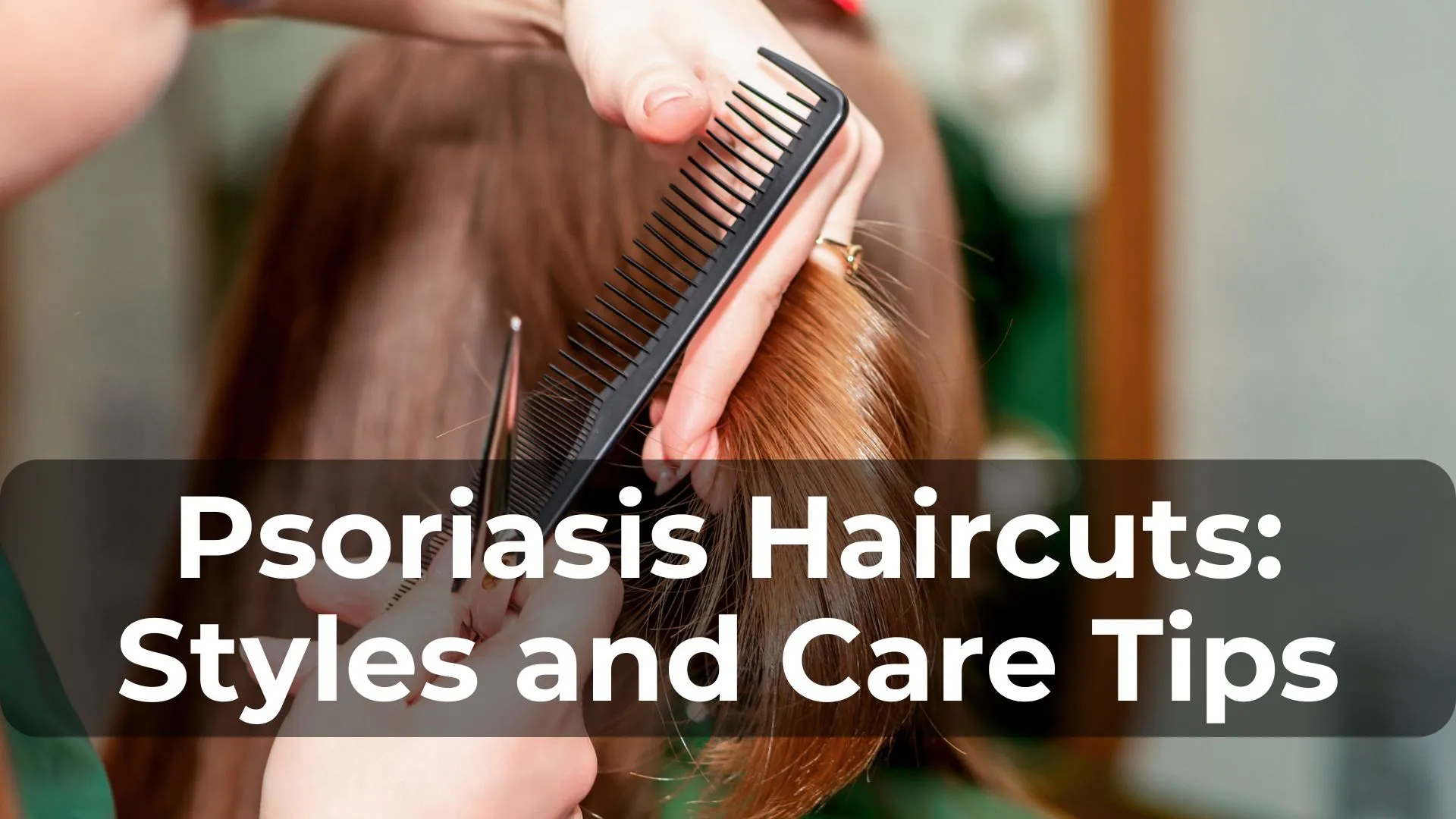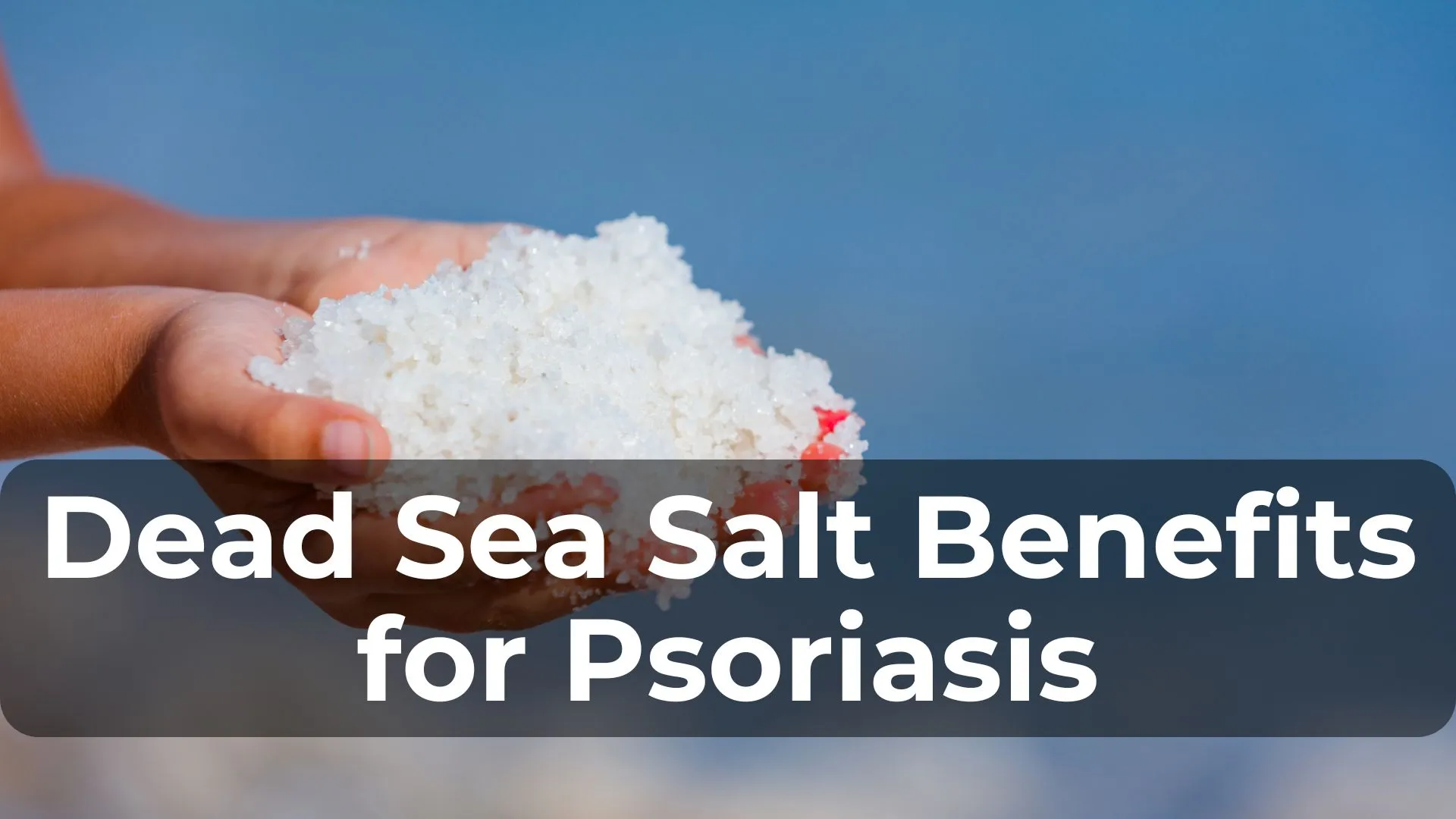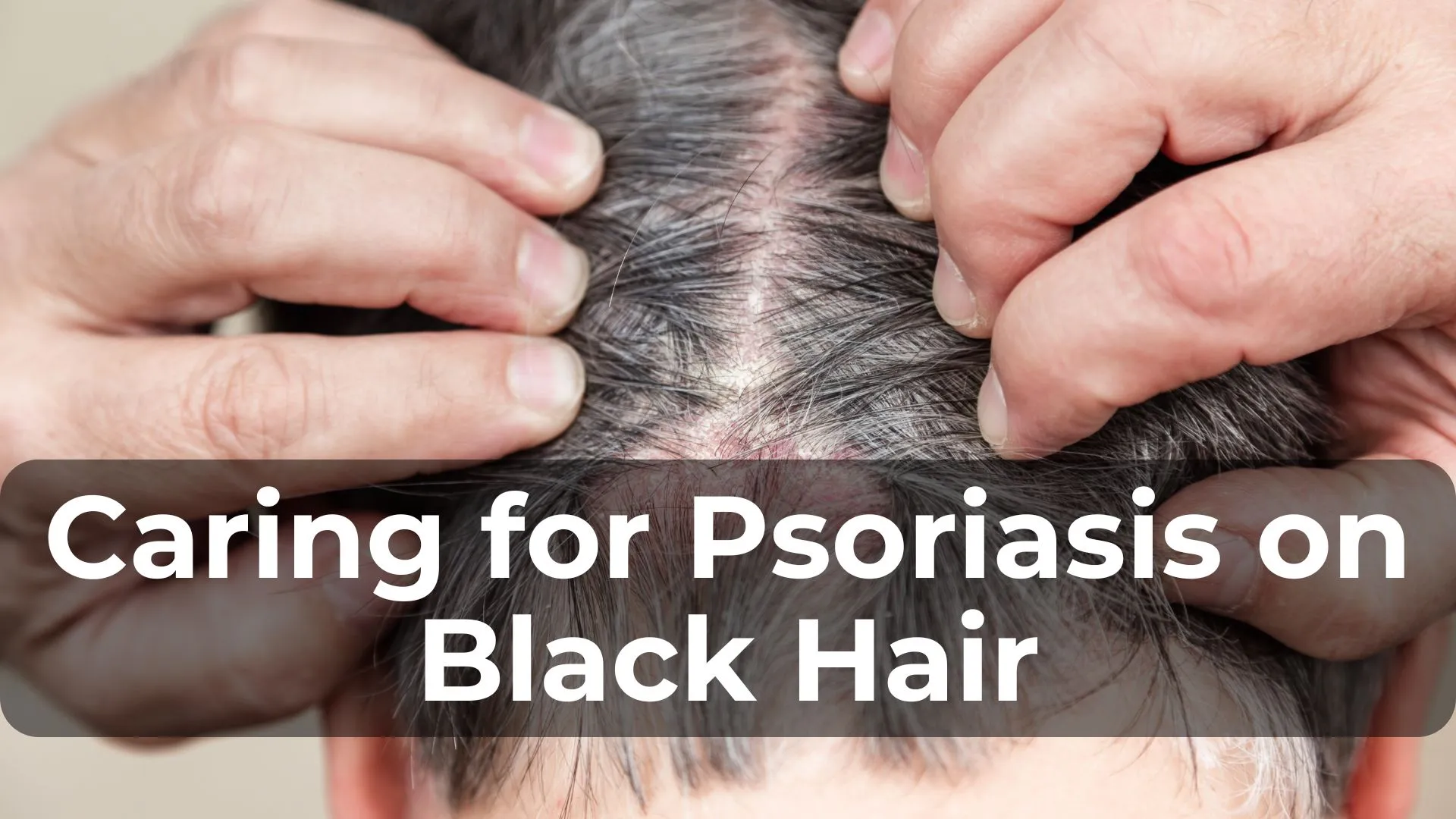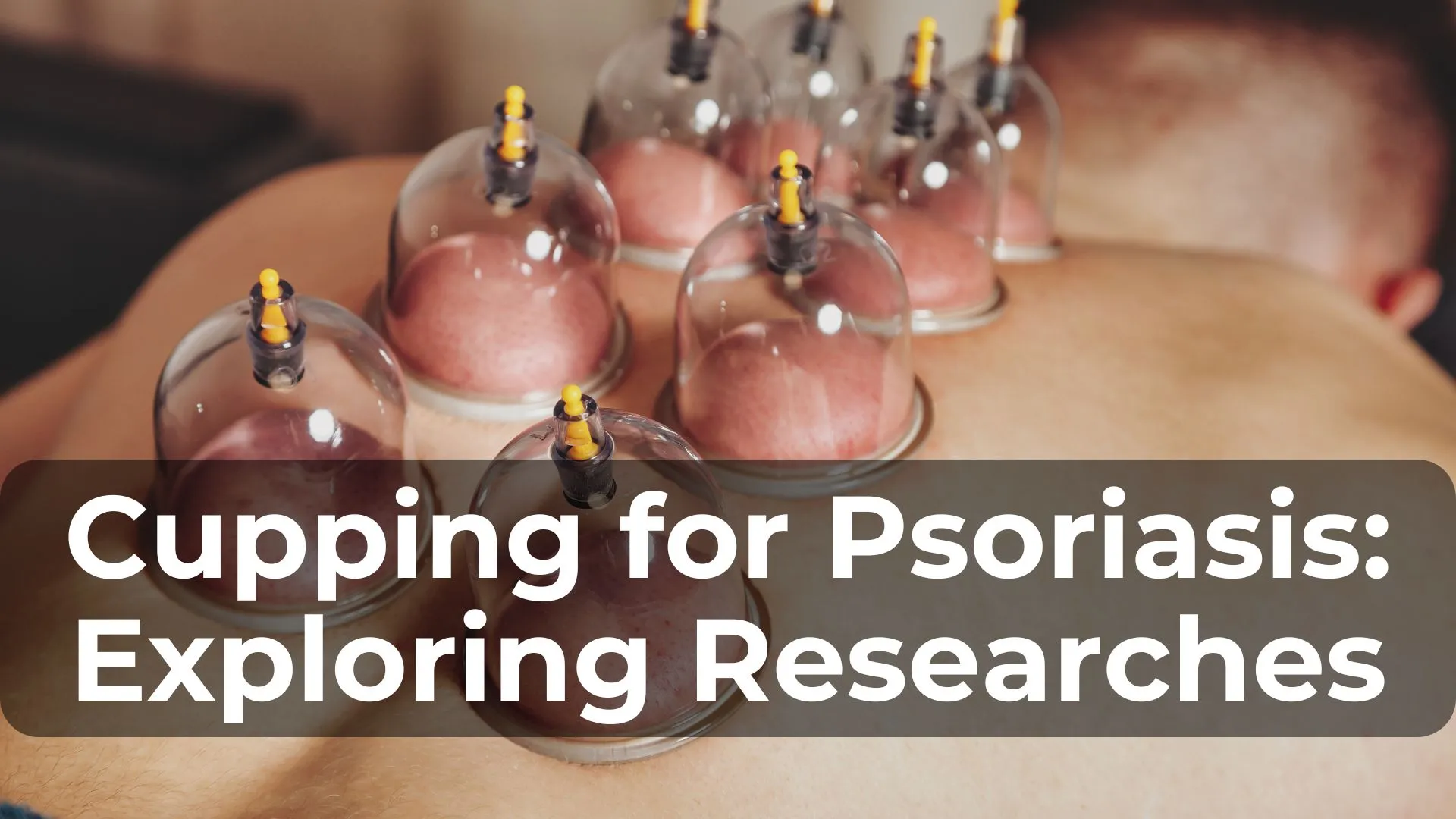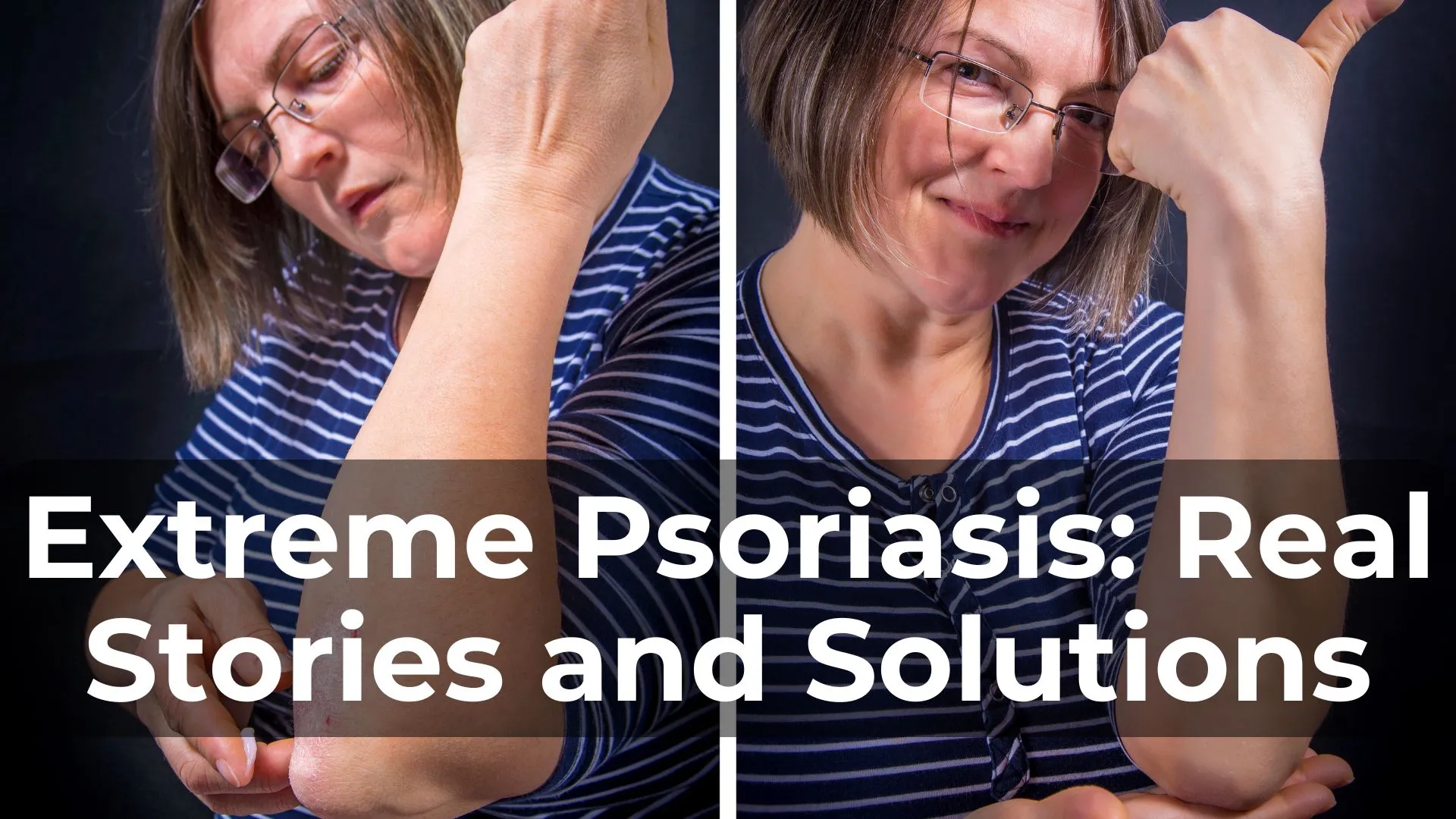
Living with psoriasis can be a challenging journey, filled with ups and downs, frustrations, and moments of hope. As someone who has witnessed the struggles of friends and family members battling this chronic skin condition, I can attest to the profound impact it can have on a person’s life. But here’s the thing: there’s more to managing psoriasis than just treating the symptoms. The true path to healing lies in addressing the root cause and taking a holistic approach to recovery.
Let me share with you some real stories and insights that might just change the way you think about psoriasis treatment.
Table of Contents
ToggleSarah’s Story: A Holistic Transformation
Sarah, a 35-year-old graphic designer, had been struggling with severe psoriasis for over a decade. Her arms, legs, and scalp were covered in angry, red patches that itched incessantly. “I felt like a prisoner in my own skin,” she confided. “I was constantly self-conscious and avoided social situations whenever I could.”
But Sarah’s life took a turn when she met Dr. Rodriguez, a holistic health practitioner who introduced her to a comprehensive approach to managing her condition. “Dr. Rodriguez helped me understand that my psoriasis wasn’t just a skin problem – it was my body’s way of signaling that something was off balance internally,” Sarah explained.
Over the course of six months, Sarah embarked on a journey of healing that addressed multiple aspects of her health. And you know what? The results were nothing short of remarkable.
The Holistic Approach: Treating the Whole Person
So, what exactly does a holistic approach to psoriasis management look like? Well, it’s all about treating the whole person, not just the symptoms. We need to work on each aspect of our health and detoxify our bodies from toxins to bring balance back. Let’s break it down:
1. Physical Aspect
Regular Exercise You might be thinking, “Exercise? Really?” But hear me out. Physical activity isn’t just about staying fit – it can have a profound impact on psoriasis symptoms. Take Tom, a 42-year-old accountant who incorporated a 30-minute jog into his daily routine. “Within weeks, I noticed my skin was less inflamed,” he shared. “Plus, the endorphin boost really helped me manage stress, which I learned was a major trigger for my flare-ups.”
Exercise helps by:
- Reducing inflammation throughout the body
- Boosting the immune system
- Improving circulation, which can help deliver nutrients to the skin
- Reducing stress, a common psoriasis trigger
Sunlight Therapy Now, I know what you’re thinking – isn’t sun exposure bad for the skin? Well, in moderation, sunlight can actually be beneficial for psoriasis sufferers. UV rays have an immunosuppressive effect that can help reduce inflammation and slow the rapid skin cell growth that characterizes psoriasis.
Lisa, a 28-year-old teacher, found relief through controlled sun exposure. “I started with just 5-10 minutes of sunlight on my affected areas, gradually increasing the time,” she explained. “The improvement was subtle at first, but after a few weeks, I could see a noticeable difference in my skin’s appearance.”
Remember, though, that moderation is key. Always consult with a dermatologist before starting any form of light therapy, and be sure to protect unaffected skin from excessive sun exposure.
2. Chemical Aspect
Dietary Changes You’ve probably heard the saying, “You are what you eat.” Well, when it comes to psoriasis, this couldn’t be more true. Many psoriasis sufferers have found significant relief by making changes to their diet.
Take Mark, for instance. This 50-year-old construction worker had been battling severe psoriasis for most of his adult life. “I was skeptical when my doctor suggested I try an anti-inflammatory diet,” he admitted. “But after cutting out processed foods, dairy, and refined sugars, and loading up on fruits, vegetables, and omega-3 rich foods, I saw a dramatic improvement in my skin within just a few months.”
Some dietary changes that may help include:
- Increasing intake of anti-inflammatory foods like fatty fish, berries, and leafy greens
- Reducing consumption of potential trigger foods like dairy, gluten, and nightshades
- Staying hydrated by drinking plenty of water
Detoxification Our bodies are constantly exposed to toxins – in the air we breathe, the food we eat, and even the products we use on our skin. For some psoriasis sufferers, a buildup of these toxins can exacerbate symptoms.
Emma, a 39-year-old marketing executive, found relief through a guided detox program. “It wasn’t easy,” she admitted. “But after completing a 30-day detox that included dietary changes, herbal supplements, and plenty of water, my skin looked clearer than it had in years.”
Detoxification methods may include:
- Drinking detox teas or infused water
- Using a sauna to promote sweating and toxin elimination
- Dry brushing to stimulate the lymphatic system
Supplements While a balanced diet should be the primary source of nutrients, some people with psoriasis have found additional relief through targeted supplementation.
John, a 55-year-old retiree, saw improvements after adding certain supplements to his daily routine. “My dermatologist recommended I try fish oil and vitamin D supplements,” he shared. “After a few months, I noticed my flare-ups were less frequent and less severe.”
Some supplements that may be beneficial include:
- Omega-3 fatty acids (fish oil)
- Vitamin D
- Probiotics
- Turmeric (curcumin)
Always consult with a healthcare professional before starting any new supplement regimen.
3. Emotional/Spiritual Aspect
Here’s something that often gets overlooked: the emotional and spiritual toll of living with psoriasis. The constant discomfort, the self-consciousness, the frustration – it can all take a heavy toll on your mental and emotional well-being.
Rachel, a 31-year-old nurse, found that addressing her emotional health was key to managing her psoriasis. “I started practicing mindfulness meditation and journaling,” she said. “It helped me manage stress and changed my relationship with my condition. Instead of seeing my psoriasis as an enemy to be battled, I began to view it as a part of me that needed care and attention.”
Some strategies for emotional and spiritual well-being include:
- Practicing mindfulness or meditation
- Joining a support group
- Engaging in stress-reducing activities like yoga or tai chi
- Seeking professional counseling if needed
Natural Remedies: Soothing the Skin
While addressing the root causes of psoriasis is crucial, it’s also important to provide relief for the skin itself. Many people have found success with natural remedies that can help soothe irritation and promote healing.
Angela, a 45-year-old florist, swears by her homemade aloe vera and oatmeal paste. “I apply it to my worst patches before bed,” she explained. “It helps reduce the itching and seems to speed up healing.”
Some natural remedies to consider:
- Aloe vera gel
- Oatmeal baths
- Tea tree oil (diluted)
- Apple cider vinegar (diluted)
- Coconut oil
Remember, what works for one person may not work for another. It’s all about finding the right combination of treatments that work for you.
The Journey to Healing
Living with psoriasis is a journey, and like any journey, it has its ups and downs. The key is to approach it holistically, addressing not just the physical symptoms, but also the chemical imbalances in your body and your emotional well-being.
As Sarah, whose story we started with, puts it: “Healing from psoriasis isn’t just about clearing your skin. It’s about healing your whole self – body, mind, and spirit. It’s not always easy, but it’s so worth it.”
So, if you’re struggling with psoriasis, remember: you’re not alone. There are solutions out there, and with patience, persistence, and a holistic approach, you can find a path to clearer skin and better overall health. Why not start your journey today?




